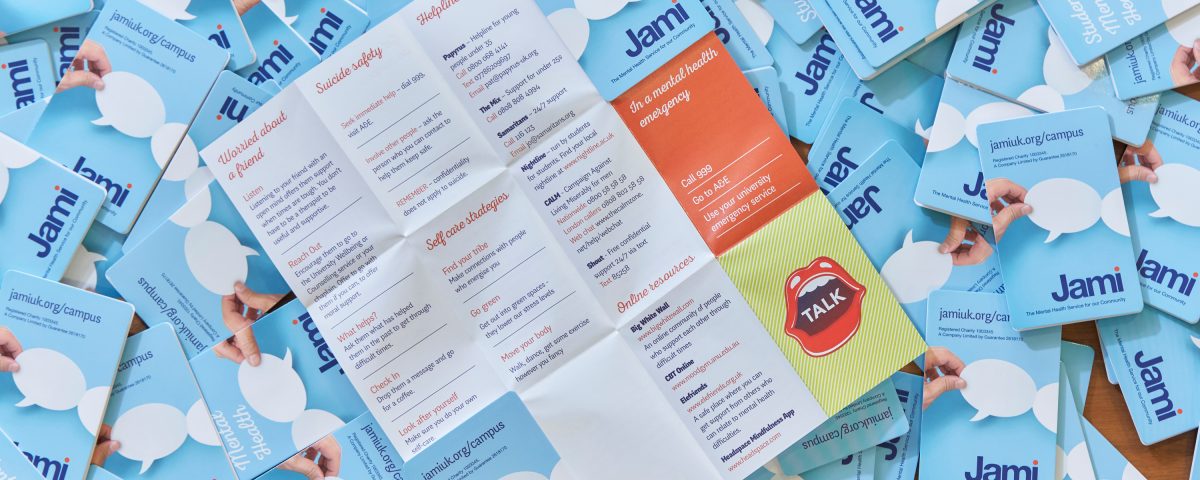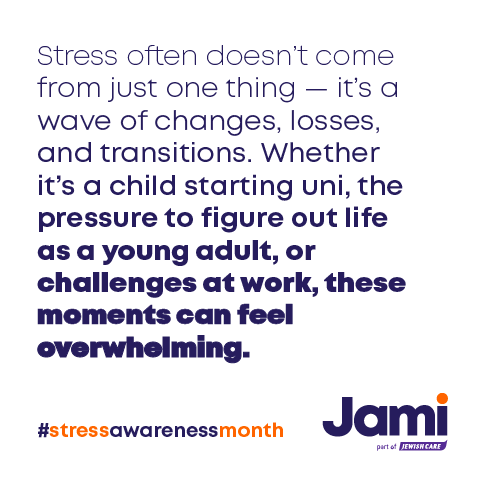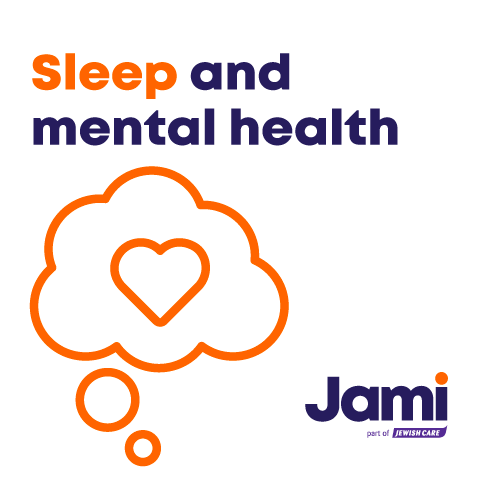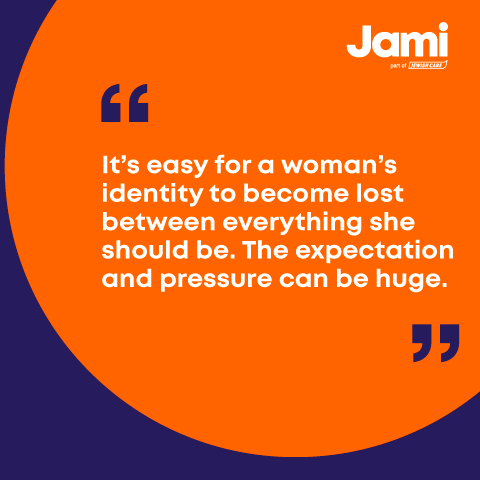
Stressed, isolated and missing out – being a student during a pandemic
70% of British students say their mental health has suffered during the coronavirus pandemic, according to the recent Global Student Survey, and over a fifth of students describe their mental health as having become ‘much worse’ (ONS).
If you are a student, know a student or have just been following the news for the last year, those figures might not surprise you. Nothing could have prepared us for what we have experienced these past 12 months, and that is as true for students as it is for anyone.
For every student, the past year has not been the university experience expected, on top of having to deal with a whole range of worries and concerns. Those concerns may be financial: how can I cover the cost of my tuition and living expenses when I can’t work? Or they could be academic: how much learning am I going to miss out on? It extends far beyond that as well, to every part of the student experience. Clubs and societies aren’t running as normal, parties are, quite literally, illegal.
Many students are feeling like they don’t know anyone at university apart from the people they live with, especially first year students. A lot of students are feeling trapped in their accommodation and under constant watch by security staff, a situation inconceivable a year ago.
There are so many ways we each might react to this bizarre reality. We may feel deprived of an experience that every student who has come before has had, and that might be making us feel cheated or angry. We might be missing friends and family, feeling lonely and isolated. Perhaps we don’t feel like talking to anyone and are wondering why, thinking that we should be making the most of any social contact we can get. Or perhaps we are feeling overwhelmingly bored.
Whatever you may be feeling right now, know that it is a completely reasonable response to the current situation. In order to help stay afloat during difficult times, it is crucial to offer kindness and understanding to ourselves. A good first step towards that is to understand the kinds of responses we may be feeling.
Check out Jami’s recent collaboration with UJS called ‘Burnout and Self Care: A Student Guide’. In this video, Chrissy, a Jami Associate Trainer, talks all about what burnout is, how it’s relevant to what students are going through right now, and how to take care of yourself if you can see you might be getting burned out.
Along with understanding what we’re going through and the effects that our experiences are having on our mental health, it’s essential that we practice self-care. What that looks like for each person will be different, it could involve something as simple as making yourself a favourite hot drink, taking an extra long shower, or simply spending five minutes outside. The challenge is finding things that make us feel refreshed, calmed or comforted, when a lot of the things we would ordinarily do for our wellbeing aren’t available to us.
It’s incredibly important to talk to someone else when you’re having a tough time. Sometimes it’s easy to think ‘I don’t need help, other people have it so much worse than me’, but we all deserve support when life gets hard.
Our friends at UJS have a fantastic traffic light guide about who to reach out to if you want to talk to someone outside your situation. If you’d rather interact online than over the phone, there’s Kooth Student, a free, safe and confidential space specifically for students to share experiences and gain support from qualified professionals. And you can always reach out to Jami, we’re here to help.


